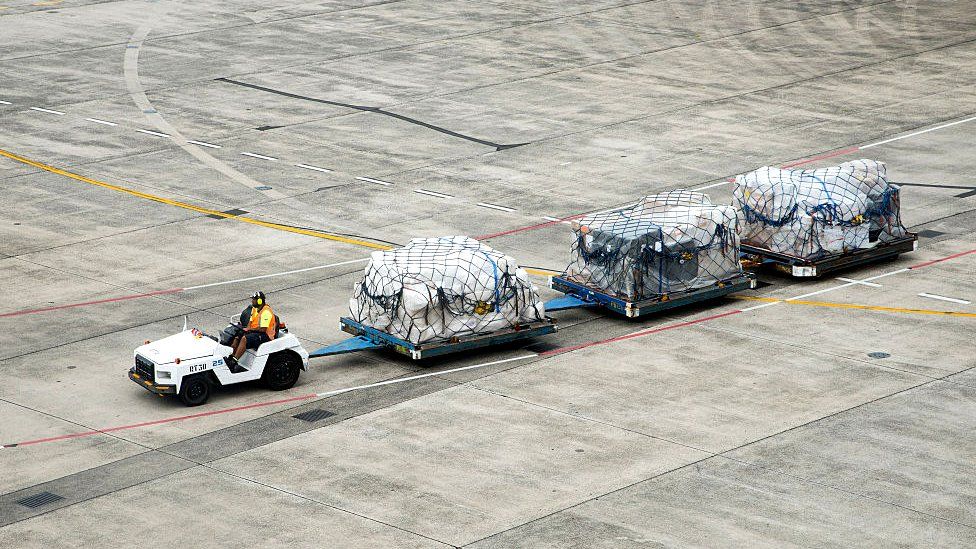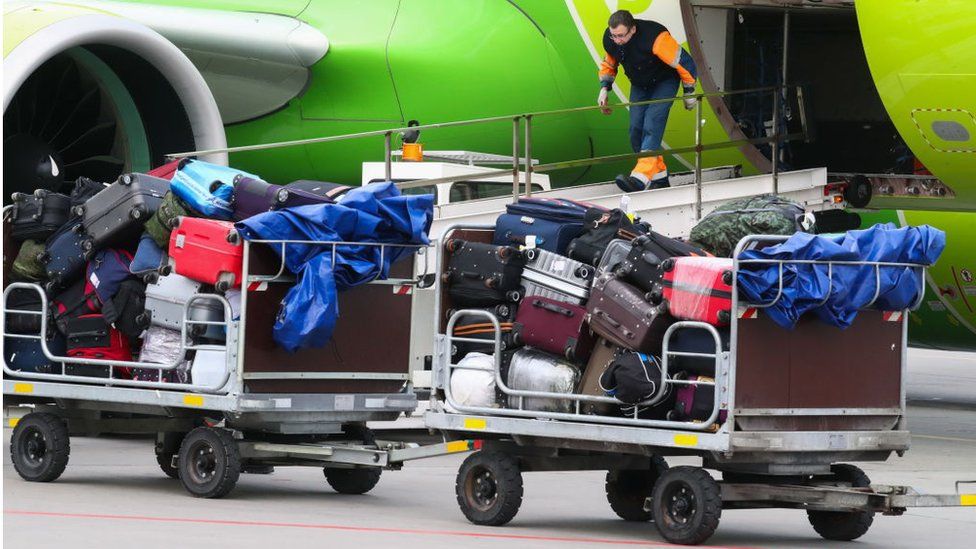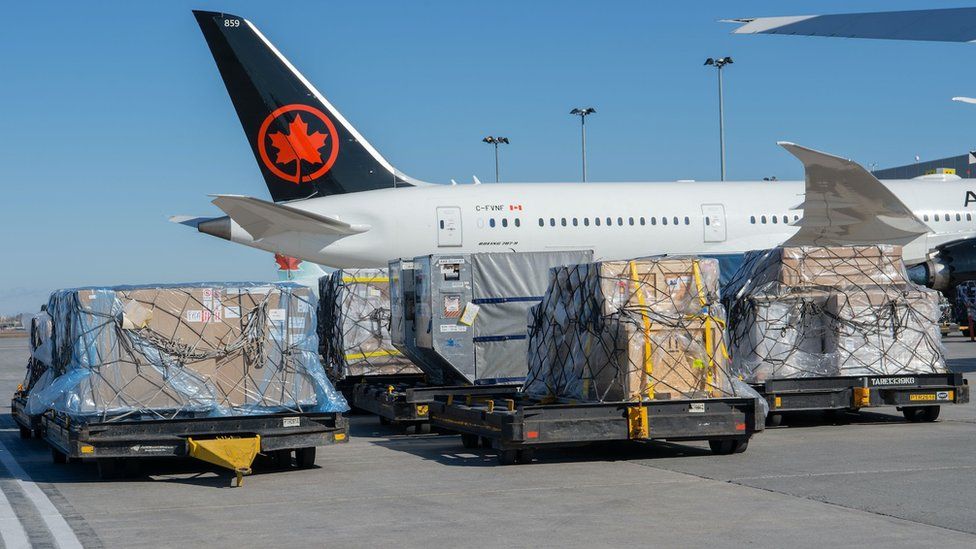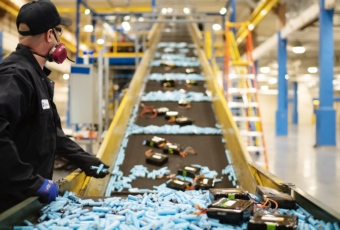
Airlines Aim To Improve Their Information Technology Resources
Bucher says: We now know that data is the main source of performance for airlines.” This can mean big changes for baggage handling, cargo tracking to staff management, predictive maintenance, and customer loyalty programs.
Jacques Demael, senior vice president of strategy and business support at SITA, an aviation global IT firm weighed in. He said: “During a single trip, a passenger may interact with up to 10 different entities – from airlines, government, ground handlers to at least two airports – all of which requires the secure exchange of data on baggage, flight and travel documents.”
Demael said that the amount of data that has been amassed and shared across the entire industry has truly boomed over the past few years. Even if you don’t realize it, just how smoothly your trip goes really depends on that exact data. It impacts everything from monitoring baggage travel between airports and sharing travel documentation.
He also said: “The ability to track your bag across multiple steps in the journey and share that information… significantly reduces the chance that your bag will he mishandled.”

Thanks To Data, Baggage Mishandling Has Decreased Dramatically
Demael also shared that baggage tracking data helps airports improve the flow of baggage transport by 66%. That’s not too shabby at all! He said: “These improvements have resulted in baggage mishandling rates globally being cut in half over the past decade.”
Even though there have been huge improvements so far, there is still a long way to go. A SITA report from 2020 showed that in 2019, about 25.4 million pieces of luggage were mishandled around the world, which ended up costing the air transport industry about $2.5 billion.
Of course, the COVID-19 pandemic has had disastrous effect on the travel and airline industries. IATA believes that by 2022 travel will return to 2019 levels and is expecting the industry to break even or even become profitable once again. Of course, that recovery would also heavily rely on data analysis.
Use of data allows airports and airliners to use their resources more efficiently, meaning checkout counters, gates, and baggage claims are properly staffed, and unexpected changes causing delays can be handled much more efficiently.

Improved Technology Will Improve Everyone’s Experience
Shaul Shlaev, Manager of Safety Analytics & Innovation at Air Canada shares: “Only by measuring can we improve, and now the measuring can be done closer to real time. It is all about presenting the data to the right people, at the right time. I cannot expect a user to stop his or her day job and go to an office, print out a PDF, look at a dashboard or the appropriate e-mail or bulletin to then digest the data they need.”
He continued: “Imagine if we can tell that a part on an aircraft needs to be replaced before its end of lifetime, or if we can predict failure of it and act accordingly. This exists now and is based on degraded performance over time – our approach will add more precision and thus allow us to select not only [what] to replace, but where and when.”







